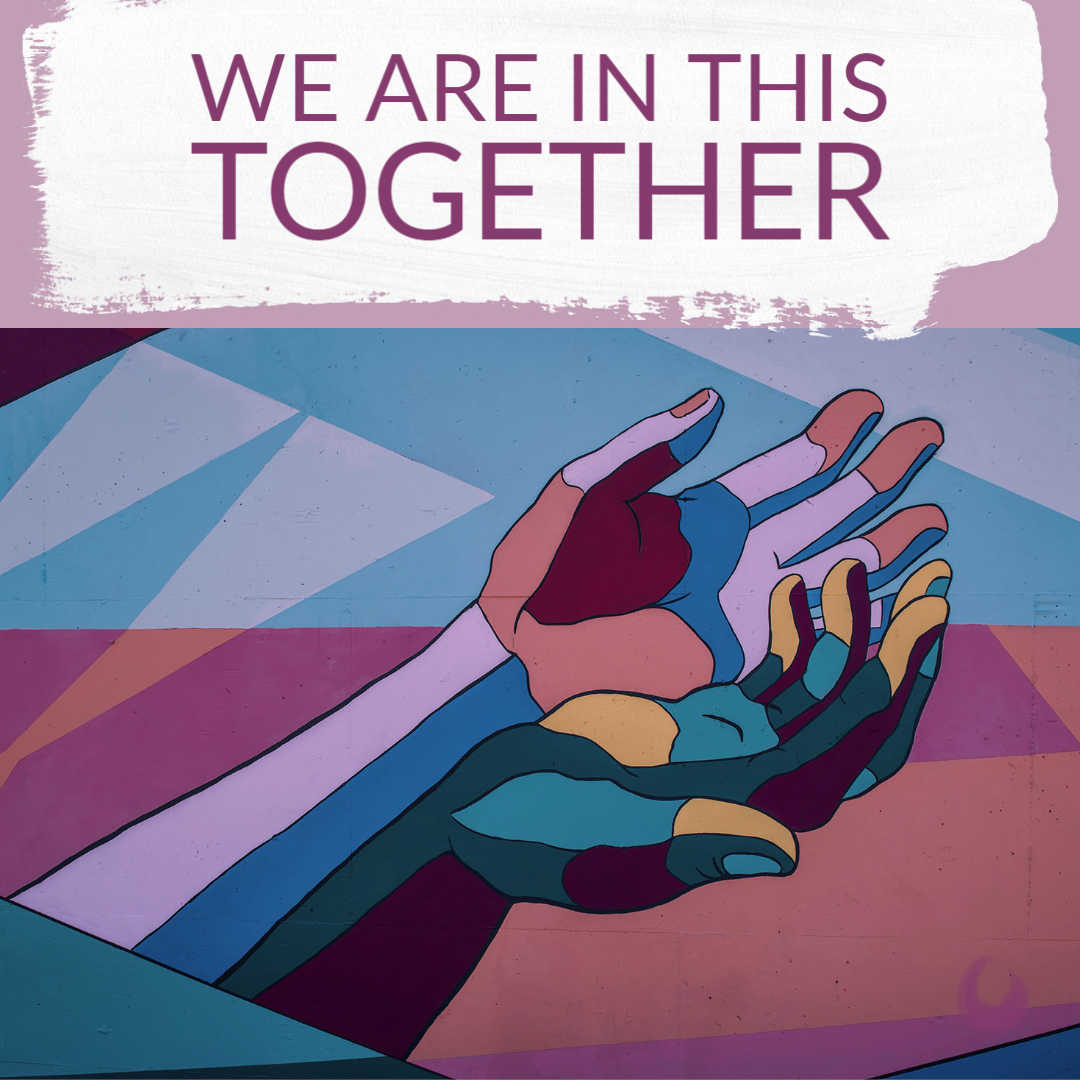Our time with the “What is a Doula Series” is coming to a close.
Here, I would like to offer you a little summary of the topics that contribute to how a doula encourages parents to feel “Capable of Anything,” when it comes to birth and immediately postpartum. Of course, if you want more in depth information on the topic, the corresponding blog posts and podcasts are available as well!
What is a Doula?
A trained support professional who specializes in birth (and sometimes postpartum too!), providing nonjudgmental guidance for parents through the childbirth process.
Filling a gap in our society where the transition to parenthood has been very isolating, leaving parents feel adrift and often lost.
Skilled and experienced in multiple facets of the childbearing years: doulas can provide education and support regarding pregnancy, laboring & birth, the early weeks postpartum, newborn care, breastfeeding, bonding, and a compassionate understanding of how difficult these transitions can be.
This support typically begins during pregnancy through the first hours after birth, or if you have hired them for your postpartum period; weeks after birth.
During birth, the doula provides continuous uninterrupted support. This means they do not have a shift change where you will have someone you’ve never met come in during this special and personal time of birthing your baby.
Preparing you during pregnancy by meeting you where you are at to help you develop your vision for birth and the steps to get there. This includes letting you know what your options are so you may make informed decisions that are best for you and your family.
During labor, we draw on the preparations we made during pregnancy by using your preferred coping styles from the “tool kit” we developed together. This can range from hands-on physical support of hip squeezes to emotional support of affirmations and reassurance with many things in between. This is the beating heart of moment-to-moment support, moving with you where you are at and helping to guide you through intense moments when you need it most.
Allowing yourself the peace of mind that you and your partner have a grounded and calm rock to draw support from as needed.
The FIVE Aspects of Support:
Informational Support
What do you think of when you think of birth? Is it Rachel from Friends? Is it a dramatic breaking of the waters, rushing to the hospital with lots of yelling and screaming, ending with someone shouting “PUSH” and then baby is born?
While a very common conception of birth, it’s rarely like this and absolutely does NOT need to be this way.
During your prenatal period, your doula will meet you where you are at in your knowledge of birth. Providing suggestions for options and seeing which ones match up with your values for your birth experience.
You’re prepared for variations and the unexpected. You have an idea of your values and decisions for certain choices that may come up such as your provider wanting to do an intervention like breaking your waters or starting you on synthetic oxytocin (Pit or Pitocin).
Giving you the tools to make your own informed decisions for you and your family.
Plus letting you know that, yes, you do have more options than aggressive yelling of “PUSH” while on your back in a hospital bed. You CAN labor out of bed. Move around, dance, walk, shower, bathtub and so on. You CAN push in more positions than on your back. You can squat, side lay, or hands and knees.
You also have more choices than a hospital birth with obstetricians. There are hospitals with midwives, out of hospital birth centers with midwives, and home births.
You have options and you deserve to be aware of them so you can make the informed choice that is best for you.
Interpersonal Support
Otherwise known as Mediation. Which I prefer over Advocacy, because we want you to be your own advocate during birth. Your doula is not there to speak for you or decide for you. We want families to be empowered and encouraged to make their own informed decisions and voice them. This is a skill you will need throughout your child’s life.
Your doula won’t leave you hanging if words are hard though!
Having already prepared a Birth Vision with you and your partner, we have a general idea of your preferences. Yes, these preferences can change as can the course of labor.
With mediation, your doula can help give you and your partner more time to think over a sudden suggestion for an intervention before making a decision. Your doula can speak up with questions to prompt more information that you could use for those decisions.
We are there to hold space with you, and protect that space. You should not be rushed into decisions (pending a true emergency, which is very rare) and you should be given the time alone with your support team (or solo if you prefer) to make decisions.
You doula, as a mediator, is a buffer between you and other parts of your birth team. Making sure we all are on the same page and honoring your thoughts and feelings on how your birth goes.
We bear witness to your birth, your experience, and your treatment. We support your decisions, and help to ensure you get the time and information you need to decide.
Physical Support
Typically the post child of what a doula does is physical support. We know the tips and tricks to non-medicated pain relief and ways to encourage baby down and out. Masters of the Hip Squeeze and Counter Pressure, we love showing partners how to do these comfort measures as well.
Anything to help you labor longer at home before going to your birth location to reduce the chances of interventions to “speed up” your labor.
Then at birth, we are with you every step of the way. Adjusting from contraction surge to surge in what brings you the most relief. A continuous presence to give you that continuity of care throughout your childbirth process.
There’s a reason continuous physical support is emphasized so much to expecting parents. Birth is a very physical process that requires dedicated attention and effort from your support team to help you move through the waves of this marathon.
While the tangible benefits of physical support are amazing, your doula draws from the other four types of support to give you a holistic approach to birth.
Emotional Support
Beginning during the prenatals while we work on informational support, we are laying the groundwork for emotional support. We get to know you and your partner. Your preferences for how to cope and tap into any fears or concerns you may have. We want you to feel confident and capable when approaching birth.
In tandem with physical support, the emotional support is right there with you during the nitty gritty of birth. Continuous, mindful, and grounded support that meets you where you are at. The shifts in mood and coping in labor often take parents by surprise, and having your doula there to guide and support you can make a huge difference.
Holding space, your feelings are valid and so are your fears. Met with reassurance that you ARE doing well and that what you are feeling is normal. While your body may feel in danger, you are in fact safe. Your partner and I have your back, you are supported and cared for.
Your doula’s role is to be emotionally present for you and your partner. On the surface this may not seem as useful as physical support, but the impact is huge.
To feel seen, heard, and respected can help ensure you remember this experience with pride and satisfaction. Because you will remember your birth for years to come. Particularly the way you felt and how you were treated.
Spiritual Support
Regardless of your faith or lack thereof, we are all human. We are inhabiting this birth space together.
You are not alone. Millions of parents are going through these big feelings and transitions at the same time as you across the world.
Your doula is with you through this. Whether as a woman to woman connection or simply person to person
You are seen. You are heard.
We are in this together.
We can pray together, chant, dance, breathe, embrace. However this feeling of connection manifests for you, your doula can meet you there.
Birth is a significant life transition. It is transformative. It is a rite of passage.
This is NOT just another day for you. This is the day you meet your baby Earthside.
Your birth matters.
Often the role of a doula is confused with that of a Midwife. I would like to clarify how a doula is NOT a Midwife by what we do NOT do.
What a Doula Does NOT Do:
Provide medical advice or diagnosis
Perform medical procedures
Act as a Midwife, OBGYN, or other health care provider
Act as a nanny, babysitter, or housekeeper
Make decisions for you or your family
Replace members of your family or support team
In summary, your doula is a touchstone and guide throughout the birth process. We meet you where you are. Provide the tools you need to make your own informed decisions. Support those decisions, and help hold space for you and your birth. Providing continuity of care from pregnancy through to immediately after birth. We stand, squat, dance, sit with you, providing continuous, uninterrupted and nonjudgmental support.
If your partner is present, we support them too. We work together as your team.
This is your birth, and how you feel and experience it matters.
You matter. Your baby matters. Your birth matters.
Is there anything you still want to know about doulas and how they can support you?
































